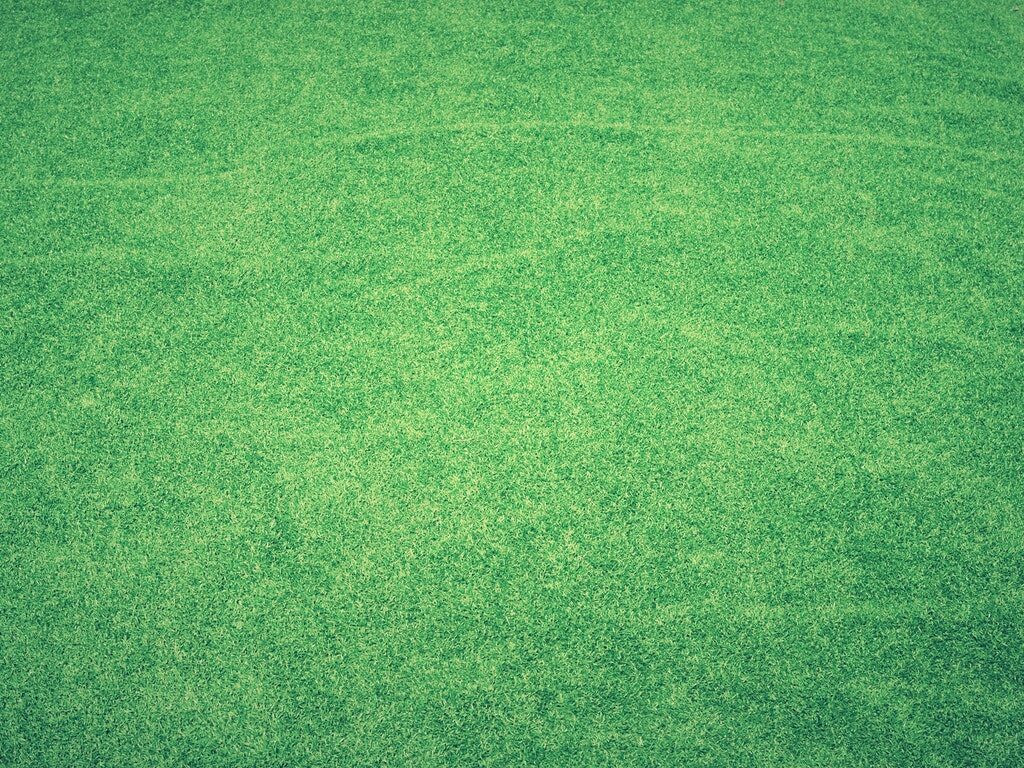How to Build a Backyard Baseball Field
If you live for the game, maybe you’ve wondered if building a backyard baseball diamond is for you. You can practice every day without worrying about restrictions closing your facility.
However, such a project isn’t without headaches and expense. It pays to know what you’re doing. Here’s how to build a backyard baseball field in five relatively simple steps.

1. Measure and Make Space
If you want to create an MLB-style playing field, you’ll need a considerable land plot. It takes 4.5 acres to build a baseball field with 90’ bases. Even a shorter baseline of 60’ means setting aside an acre and a half.
During this stage, you also want to estimate the materials you’ll need. If you tackle this chore while winter remains in sway, warming the area with heaters makes your workday much more comfortable — and less dangerous. Hypothermia can quickly set in when temperatures drop below zero.
You’ll also want to estimate the costs of any heavy-duty equipment rentals. If your acreage contains trees, shrubbery and hills, you’re going to need something bigger than a shovel, and if you’re like most, you lack a backhoe in the garage.
2. Level the Playing Field
Once you’ve reserved the equipment you need, it’s time to have some fun. Since you’ve already measured the area, get out wooden stakes and make a mark an inch or so from the top of each. Then, measure six inches down from the first mark and make a second one. Drive the stakes into the ground to the first mark. You need at least four, but you should place a stake every foot or two.

Then, start at the corners and begin digging. Work your way toward the center. When you complete the initial dirt removal, use a board to check how level the cleared area is. Continue removing dirt, rocks and other debris until it lies flat.
3. Create Your Baselines
Your next step is to create your baselines. If you intend to use this facility for league play, it must conform to your organization’s length and width guidelines. You should grade your field with a gradual slope from the baseline to the pitcher’s mound.
The bottom line — don’t return that rental backhoe just yet. You’ll need to make continuous grade checks throughout the construction process, and you don’t want to have to pay a second deposit if you take it back and later discover you still need it.
During this stage, you should also select your turf. If you opt for natural grass, a little seed or sod will do the trick, although you will need to wait until it matures before you can use the facility. Otherwise, you’ll end up with bald patches.
You also have the option of going synthetic. Modern technologies like Envirofill and Safeshell provide a natural look and feel while minimizing maintenance costs and headaches. You’ll pay more initially but recoup the value of your investment over time.
4. Build a Pitching Mound
Your pitcher’s rubber should be 60-feet, 6-inches from the rear point of home plate. You should elevate it 10” above the rest of the playing field.
You’ll probably have plenty of dirt leftover from leveling the field, which you can use to create the mound. Remember to level it on top where the rubber sits. Ensure you remove any rocks, as a fall during delivery can lead to career-changing injuries.

5. Erect Barriers
Few things raise mama bear’s ire than a pop fly crashing through her kitchen window as she shucks peas for the family meal. If you value the rest of your property, erecting barriers around your ballfield is a must.
You should build a backstop 60 feet behind home plate to keep errant balls from wiping out passersby — or your bay window. You should make it at least 20 feet high to help keep the ball in the field of play and away from your neighbor’s new Porsche.
Build the Perfect Backyard Baseball Field With These Tips
Building a backyard baseball diamond can feel like a daunting endeavor. However, by following these tips, you can create your field of dreams.
In 2021, start earning cash from your home and getting paid(500$ to 700$ / hour ) by this job. These are the best online jobs I’ve made $84, 8254 so far this year working online and I’m a full time student. Join it today here… http://www.eonline9.com
In 2021, start earning cash from your home and getting paid(500$ to 700$ / hour ) by this job. These are the best online jobs I’ve made $84, 8254 so far this year working online and I’m a full time student. Join it today
HERE.. http://www.besttrends7.com